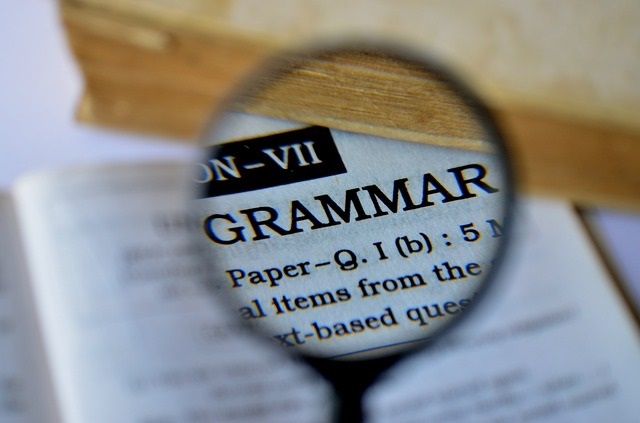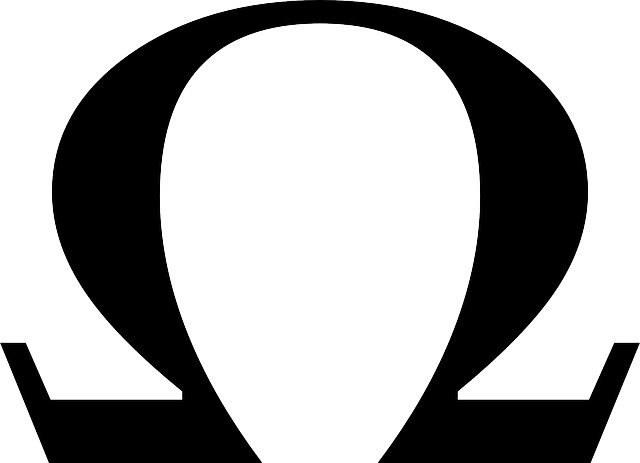Emojis started to gain popularity after people began to use a colon and a comma to indicate a smiley face :) or a sad face :( in their text messages and emails (a.k.a. emoticons). Then after smartphones came along, the world of emojis began to expand far beyond the smiley and sad face emoticons. Now we have emojis for the “wow” face, the “laughing so hard I’m crying” face, as well as animal emojis, plant emojis, holiday emojis… and the list goes on and on.
Some individuals will send emojis in every piece of communication they type, whether they’re for work or not. They would probably write entire paragraphs using emojis if they could. Other individuals are convinced that emojis are sending us down a path that leads directly to the complete destruction of the English language as we know it.
So, where do emojis belong in writing? Are there any rules you need to know?












